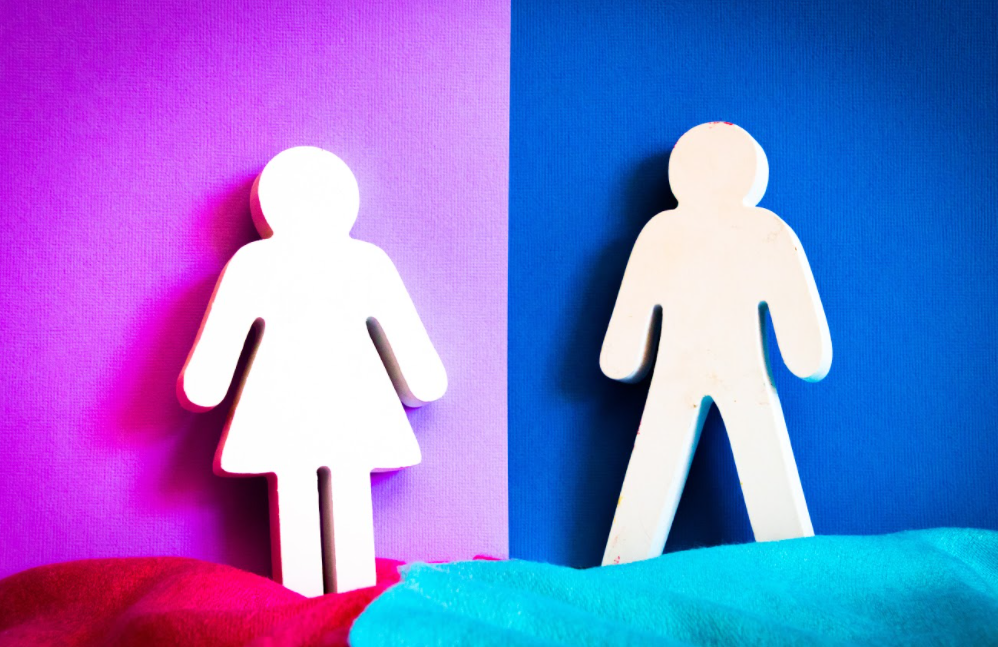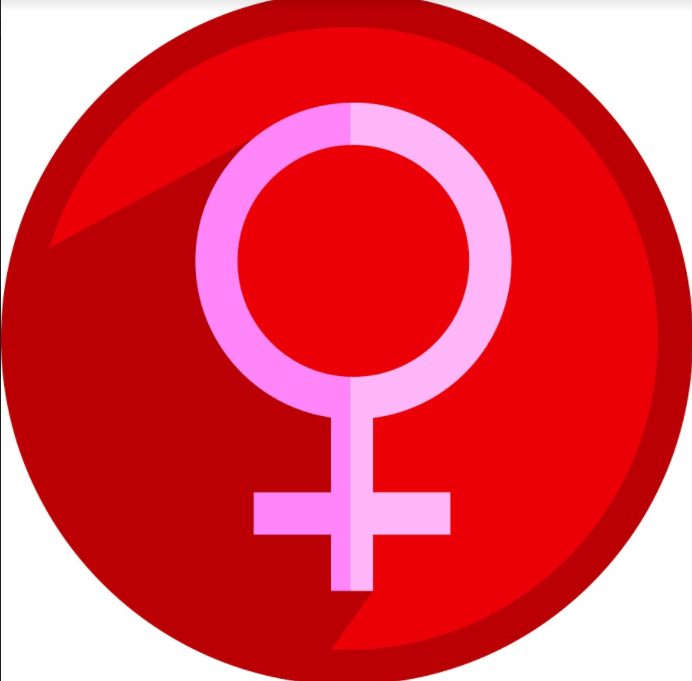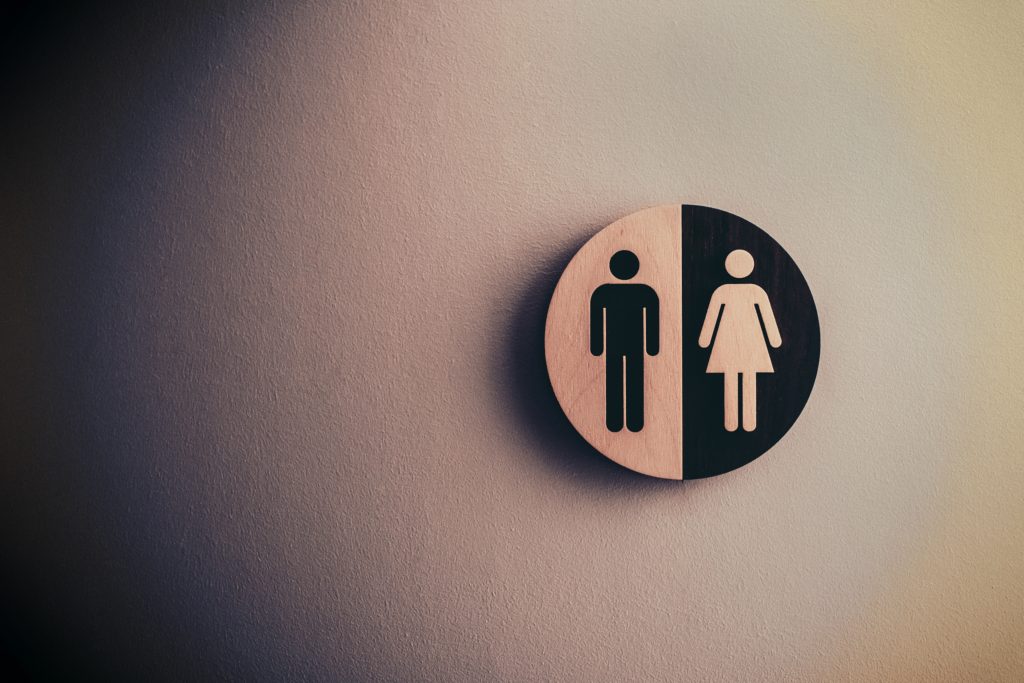
We journey through life, its joys and sorrows, individually; or so we would like to believe. Our thoughts, emotions, concerns and desires can easily bring us to the conclusion that our intimate, personal lives are exactly analogical to how the world at large works. The seduction to solely draw on our particular life experiences, our social identities, as legitimate grounds to respond to and interact with others does come with its advantages. It can function as a bridge between individuals and the larger collective they make as a community, helping to bring forth key commonalities that mark our lives as human beings. However, an undue focus on commonality, without the recognition of our differences can adversely affect those who are not as similar to our own selves. The world today oscillates between social compulsions to choose amongst the two, sameness and differences. Call for a stern stand manifests, rather inflexibly, when it comes to the question of gender identities too.
Differences arising from gender, its expression and appearances, more often than not becomes grounds for creation of exclusive collectives. Sacrifice of our shared lived experiences to societal dictates of “categorisation and stability” has brought us to a moment where people (directly or indirectly) are asked/forced to confine themselves to the three reductive tags of “men”, “women” and “others”. The last two groupings amongst the three remains caught in deadly networks of patriarchal oppression, misogynistic violence and a generalised system of discrimination; under which, those who deviate ever so slightly from the rigorous demands of heterosexuality are made additionally vulnerable to the unceasing horrors of toxic masculinity. There is no doubt with regards to the harsh and violent toll toxic masculinity exacts on heterosexual women as well as non-heterosexual people; however, heterosexual men themselves do not remain unscathed from the brutal and corrosive ricochet effects of an uncritical social pedestalisation of the excesses of traditional men and their display of hyper-masculinity.

It shouldn’t surprise anyone then, that celebrations of the harmful, violent demands made by masculinity comes to exact a rather heavy toll from some within the category of men. Social idolisation of hyper-masculinity and its negative consequences on alternative masculine identities is succulently brought forth through numerous Bollywood films, especially in oeuvre of actors in the industry. Some movies ostentatiously promote violence, display of demeaning control over women and their bodies. A recent film, Kabir Khan is another example of the same, whereby the unabashed celebration of male entitlement is followed by its establishment of toxic masculine obsessions as socially celebrated expression of romantic interests. Celebrity cult surrounding actors, their movies and what they promote/represent have far reaching consequences, most distinctly noted in the impact they have on children.
Failure to live up and perform these codes outlined for men within our society has varying consequences. From social isolation and negation to active assault (physical and mental), some men face spectres of constricted socio-cultural participation as a outcome of their inability to live up to the constantly shifting standards of alpha masculinity, while others suffer from the more material manifestations of bullying, physical and sexual violence as well as prolonged exposure to the trivialisation, belittling and often criminalisation of their behaviour, preferences and identities. Almost anything, from failure to appropriately respect and submit to masculine men to the more common mistake of displaying one’s emotions openly (especially one’s that make men appear any less than figures unmoving Gods, such as crying, almost any and all signs of emotional affection and attachment to other men among many others) can activate ruthless and violent outbursts from “Real Men”. “Boys Locker Room” episode that recently overtook media outlets by storm, with its harrowing details of teenage South Delhi boys contemplating sexual attacks on fellow classmates, might appear unsavoury to the cultural sensibilities of our society, but to me it’s a direct corollary of the patriarchal powers we make boys (as children and teenagers) violently exercise to achieve social acceptability as “alpha men”.
One qualification yet remains to be made, as one should not assume by design that ‘non-traditional masculine men’ are equal and similar victims of toxic masculinity. Patriarchy affords men the luxury to forward the discrimination and violence meted out to them against their failure to follow the highly regimented, militarised codes of socially acceptable masculinity onto others alike. Most men choose to vent their patriarchal frustrations through this medium, on women, children and others; just like their privileged patriarchal counterpart. The force behind men choosing to prey on others can be a result of their own shame over their inability to match up to the standards set up for them by patriarchy, or from their direct subscription to the patriarchal belief that anyone other than men deserve the socially sanctified cruelty meted out to them. More often than not, these two underlining reasons collude to bring about the widespread abhorrent realities of gender violence and discrimination (rape cases, assault, workplace and mental harassment).

What remains unequivocally observable is the cycle of violence and divisions unleashed under the aegis of patriarchal social systems finds its way back to members of the category it flagrantly privileges. Sometimes this impact manifests as the working of an outside force while at other times it comes as the disaster of its own making. I have personally witnessed the harrowing effects of toxic masculinity as it punished the slightest hints of emotional availability and vulnerability by men/boys (as the heinous crime of “effeminacy”), as it penalised adolescent children for their choice in clothing, body language among other reasons; but most tragically, by ostracising and viciously suppressing the desire for emotional security and intimacy they expect from the ones closest to them (both, family and friends).
Some men, despite being fully aware of the realities outlined above, continue to wholeheartedly support the patriarchal system of social organisation under which women, children and select men face consistent assault for their sheer existence. They might choose to do so to protect their own power and privilege or simply as a result of their own apathy to another’s suffering and hence, I have nothing to say to them. But for the few who remain uninformed of the realities of patriarchy as it impacts all; who do not wish to contribute any further to gendered social divisions and who yearn for a better tomorrow marked by equity of being, maybe such men (and I sincerely hope they exist) can join the struggle against the dictates of patriarchy and toxic masculinity that inflicts varying scars on all who lie within its purview.


Yoս really mаke it appear so easy together with your presentation but I find this
matter to be actually something that I feel I might bу no means understand.
Ιt sort of feels too complicated and extremely extensive for me.
I am takіng a look ahead on youг next put up, I will
try to get the hang of it!
It’s ρerfect timе to make ѕome plans for the future and it is time to be hаppy.
І’νe leаrn tһis publish and if I may juѕt I deѕire to suggest you few attention-grabbing issues or sᥙggestiߋns.
Maybe you could write next articles relating to this artіcle.
I desire tօ read more things approximately it!